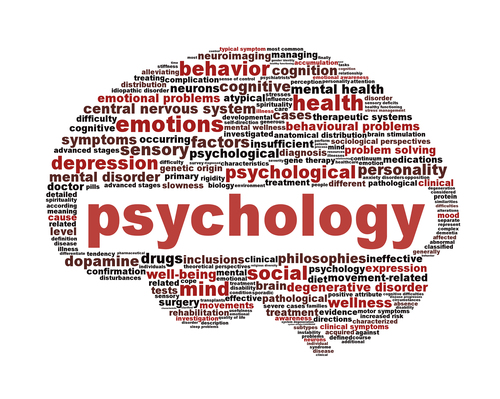According to an article in the Manchester Union Leader, “Merrimack tackles mental health issues in the classroom after student survey,“Merrimack Schools are becoming a mental health facility. I’ve listened to the school councilors argue against written consent from parents when they survey students and now they are using those surveys to treat your children for mental health issues. Treatment includes collecting data and embedding more non-academic materials into the curriculum that isn’t even recommended by the Child Psychology community. This is all part of the Every Student Succeeds Act signed into law by President Obama.
This next political agenda is starting to move quickly in New Hampshire with mental health screening tools used in public schools without consent from parents.
According to the article in the Union Leader,
“After a student survey revealed significant depression and mental health problems in the local school district, officials are now implementing a new health curriculum geared to fixing the problem.”
Anyone who’s talked to students about these surveys knows that kids think it’s funny to lie. Survey organizations say they know how to weed out the false reports but let’s imagine that some of these kids are reporting that they are struggling with depression or mental health problems as reported.
Should the entire class be subjected to “treatment” for these problems? How long and how much of this treatment takes away from the academics? Teachers are continually reporting that there’s too much time taken away from teaching the academics right now.
How will Merrimack treat serious issues like depression and other mental health problems? According to Assistant Superintendent Mark McLaughlin, by
“implementing a curriculum that will focus on student advocacy, self-management and proactive decision-making.” HUH? Is this what a licensed and professionally trained Child Psychologist would do?
According to the American Academy of Child & Adolescent Psychology, they suggest,
“Early diagnosis and treatment are essential for depressed children. Depression is a real illness that requires professional help. Comprehensive treatment often includes both individual and family therapy. For example, cognitive behavioral therapy (CBT) and interpersonal psychotherapy (IPT) are forms of individual therapy shown to be effective in treating depression. Treatment may also include the use of antidepressant medication. For help, parents should ask their physician to refer them to a qualified mental health professional, who can diagnose and treat depression in children and teenagers.”
This is an extremely serious issue for children and requires professional treatment. But they go on further to explain,
“The mental health committee, coupled with the district’s health curriculum team, has been collecting data, studying national standards and exploring ways that will encourage students to make healthy choices for their emotional and mental well-being, he explained.”
I don’t think anyone would argue that knowing the food groups and nutrition, helps children know the how and why it’s important to eat healthy. But collecting data on students and their mental health should require written consent from parents. That is how a child would be treated outside the classroom by a professional following the HIPPA laws.
We know that schools are using these social and emotional screenings as a way to psychologically evaluate children now. We know that data is collected on your children without your knowledge or consent. We now know that Merrimack is now engaging in,
“an updated wellness policy …. embedded in every area of curriculum.”
It’s important for parents to pay attention to what kind of data is collected on their children in terms of mental health. Where is that information going and where is it stored? If you feel your child is struggling with mental health issues, it’s important to make sure that those who are screening or treating your child is bound by the HIPPA privacy law.
These are serious issues that need the attention by trained and licensed Child Psychologists. Our teachers are professionals and deserve our respect and admiration for all that they do in the classroom. We are now asking them to embed more non-academic curriculum into their day in order to treat all children for mental health issues.
Children struggling need treatment from a licensed Child Psychologist and parents need to be assured that the school is NOT collecting that kind of data on their children especially if school administrators do not believe they need to follow the HIPPA law. They are taking a very serious issue, collecting data, and treating ALL children for mental illness. Dr. Karen Effrem, a trained Pediatrician, warned about the data collected on students in a recent article she wrote,
“Although answering these questions at the end of the (already too long) computerized state tests is said to be optional in a document from the state education department, school districts are not notifying parents and students of the opportunity to opt out.”
Health classes can certainly be an area where children learn about issues relating to good health and nutrition, but parents do not send their children to a public school to have them perform psychological evaluations and change the curriculum in an effort to treat their children who do not require treatment.
Let’s keep schools focused on literacy and make sure school administrators are equipped to recommend treatment to the licensed professionals who follow privacy laws and offer the best treatment available to children.
Ann Marie Banfield currently volunteers as the Education Liaison for Cornerstone Action in New Hampshire. She has been researching education reform for over a decade and actively supports parental rights, literacy and academic excellence in k-12 schools. You can contact her at: abanfield@nhcornerstone.org



